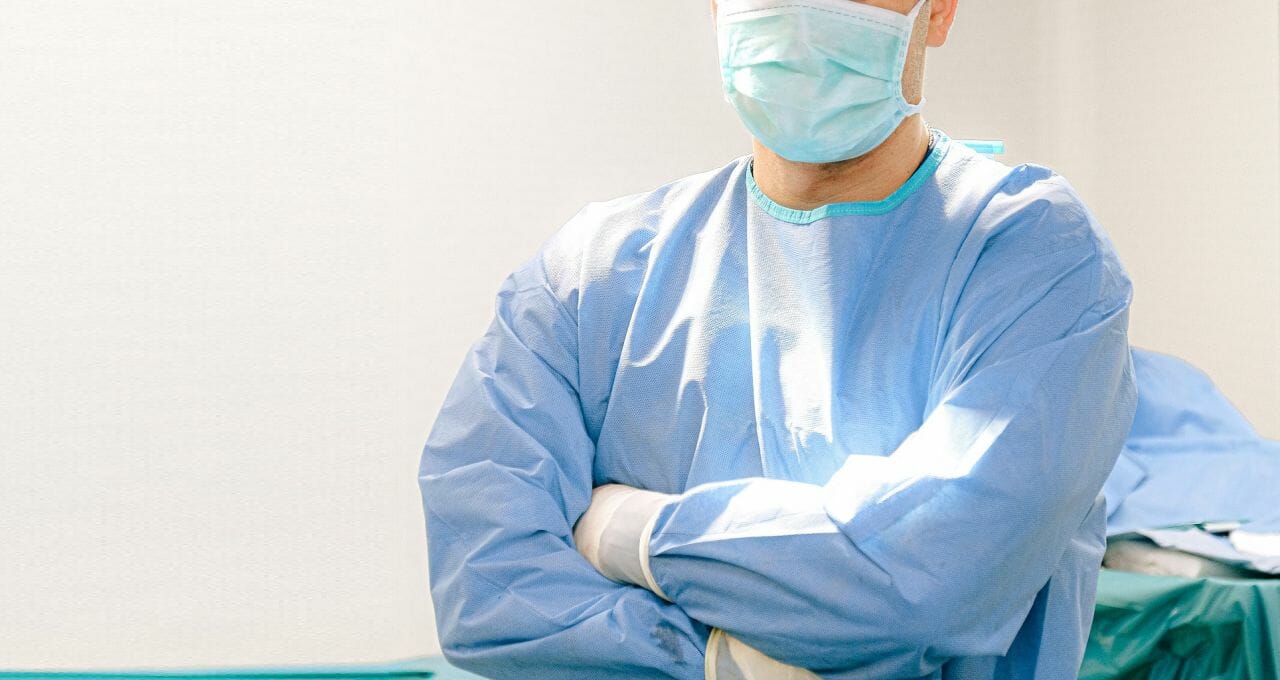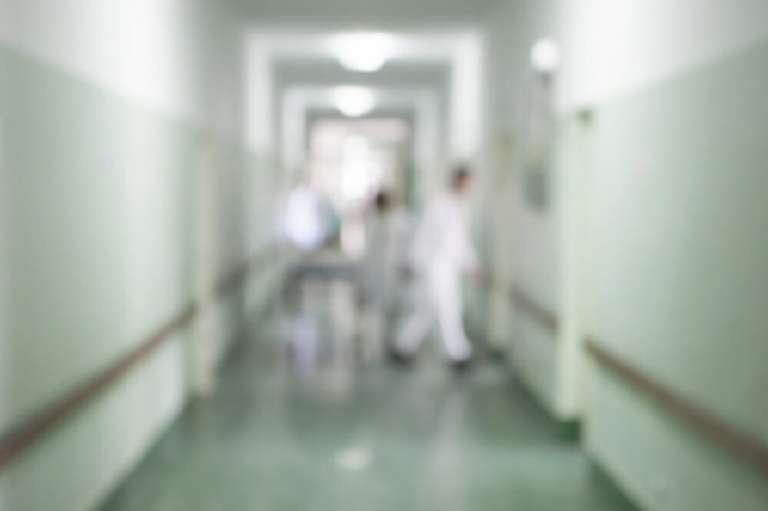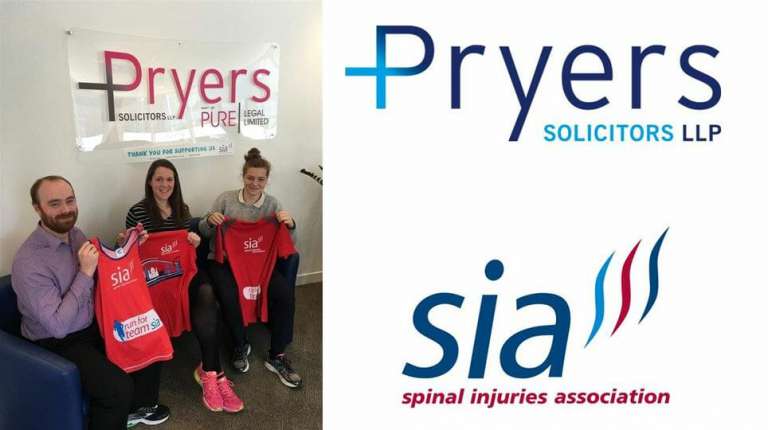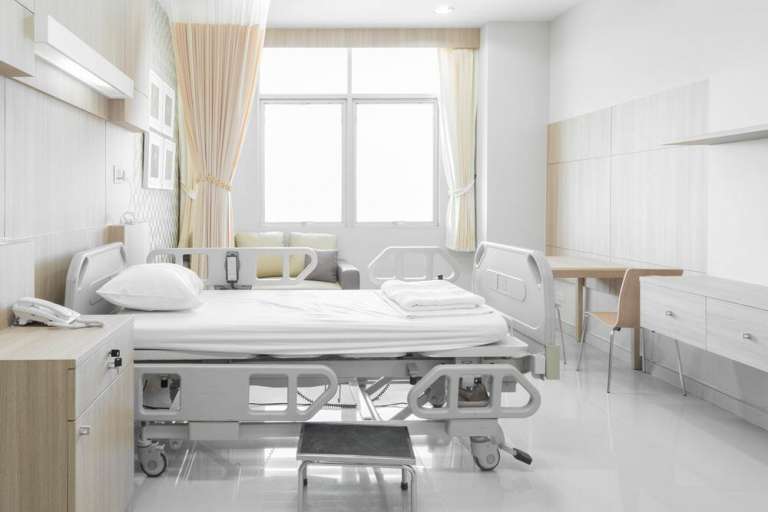Boris Johnson announced new measures last week to further protect the capacity of the NHS. We look at what is being done in terms of protecting frontline NHS staff against Coronavirus.
All schools closed last Friday evening, except for those children of keyworkers. The Government has recognised that there are key personnel throughout the country who need to carry on going to work to care for the sick or keep the country moving whilst the rest of us try to maintain as much normality as possible, many of us working from our homes.
Frontline NHS Protection
The World Health Organisation (WHO) has advised that you must wear a mask if you are taking care of a person with suspected Covid-19 infection.
The healthcare providers in the NHS are at the front line of the outbreak response. It is imperative that they have the necessary PPE to reduce the risk of them contracting and spreading the virus.
The BMA (a trade union for doctors and medical students) have been told by Doctors that they do not have access to protective equipment such as masks. Some members of the BMA have also stated that they either don’t have the right protective equipment and where they do, it’s in short supply. Further to this, GP practices have been supplied with face masks that should have been used by 2016 but have now had the “use by date” extended to 2021.
Some staff have even reported not having being allowed to have masks test-fitted ahead of treating patients. As a result, both GPs and hospital doctors have said they feel they’re putting patients and themselves at risk.
Dr Chaand Nagpaul, the BMA Chair of Council said: “We are hearing of staff trying to buy masks from DIY stores in desperation because they are not being provided with it by their employers.”
“This is totally unacceptable; healthcare workers should not, and do not, have to expose themselves to high-risk situations without having adequate PPE.”
“The Government must find a reliable way to substantially increase the production and distribution of PPE. If any healthcare worker, treating someone with Covid-19 was to become ill, or worse, due to a lack of PPE, the consequences will be dire and the impact on patient care catastrophic.”
“As well as the correct PPE, it’s imperative that healthcare workers who are self-isolating, or suspect they may have the virus, are tested without further delay.”
“The NHS will struggle even more if increasing numbers of staff are forced to remain at home for up to 2 weeks, not knowing whether they have the virus and therefore not able to care for patients.”
Dr Nick Phin, deputy director of PHE’s National Infection Service said: “The guidance is about ensuring that the right tools are available at the right times as the outbreak progresses and that the correct PPE is used for patient care to ensure the safety of healthcare workers. FFP3 masks are only needed for specific situations and we have updated the guidance to reflect this.”
Increased Testing
Prime Minister Boris Johnson announced last Wednesday that they are “prioritising testing” for NHS staff. He also said they would be increasing the number of tests per day from 10,000 to 25,000.
Due to the level of contact they have with patients, medical staff are often in a position of greater risk. But in these extreme circumstances, they should be given the correct protective equipment, as a minimum. The recent announcement about “prioritising testing” on NHS workers is a step in the right direction. It will help to ensure that there is sufficient resource to care for the sick and vulnerable. Self-isolation based on the suspicion of infection, will compromise the NHS by reducing its capacity. We are in unprecedented times, the government faces a massive challenge to get this virus under control, but with daily updates, each one must prioritise the protection of the keyworkers who are risking their lives to care for us.
Advice for the public
The WHO has released advice for the public in how to stay safe.
The following relates in when and how to wear a mask:
When
- For those who are healthy, it is only required you to wear a mask if you are taking care of a person with suspected Covid-19 infection.
- Wear a mask if you are coughing and sneezing.
- Masks are effective only when used in combination with frequent hand-cleaning with alcohol-based hand rub or soap and water.
- If you wear a mask, then you must know how to use it and dispose of it properly.
How
- Before putting on a mask, clean hands with alcohol-based hand rub or soap and water.
- Cover mouth and nose with mask and make sure there are no gaps between your face and the mask.
- Replace the mask with a new one as soon as it is damp and do not re-use single-use masks.
- To remove the mask: remove it from behind (do not touch the front of mask); discard immediately in a closed bin; clean hands with alcohol-based hand rub or soap and water.
Basic protective measure
- Wash your hands frequently – with an alcohol-based hand rub or wash them with soap and water.
- Maintain social distancing – at least 1 metre between yourself and anyone who is coughing or sneezing.
- Avoid touching eyes, nose and mouth.
- Practice respiratory hygiene – Coughing and sneezing into your bent elbow or a tissue. The tissue needs to be disposed of immediately.
You can read the WHO’s most up-to-date advice here: https://www.who.int/emergencies/diseases/novel-coronavirus-2019/advice-for-public
It is vital that we all remain protected and safe during this difficult period and follow the advice that has been given out by the NHS and the government, not only for our own sakes but most importantly for those who are more vulnerable to Covid-19. Remember to stay safe, follow the advice and help prevent the spread of the virus.





